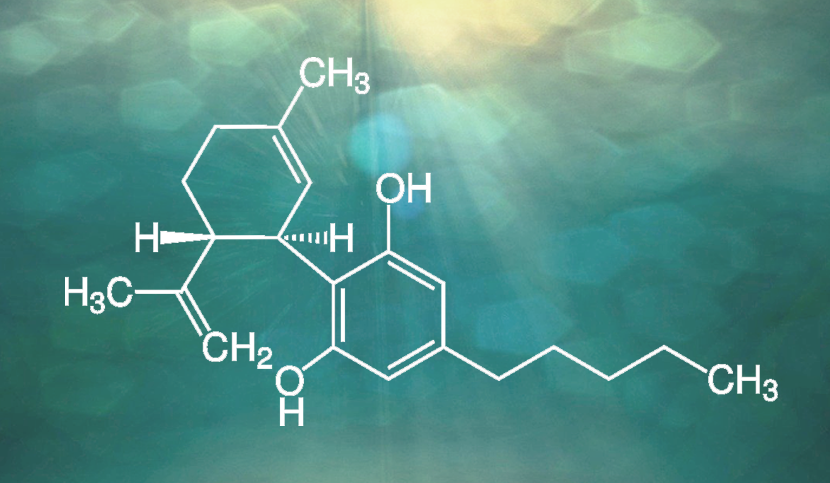A study conducted at Institut du Cerveau – ICM by Mauricio dos-Santos-Pereira and Patrick Michel together with a partner team in Brazil, identifies a key mechanism by which cannabidiol (CBD), a non-psychoactive component of cannabis, exerts anti-inflammatory effects. Results are published in the journal Glia.
Anti-inflammatory effect of cannabidiol, a non-psychoactive component of cannabis
CBD is known to exert suppressive effects on immune cells in various inflammatory states. To better understand the nature of this effect, Mauricio dos-Santos-Pereira and Patrick Michel used a culture model of microglial cells, the tissue-resident macrophages of the brain and an activation paradigm of these cells by a bacterial inflammogen.
The researchers were able to confirm that CBD is highly effective in reducing microglial inflammatory responses.
« Contrarily to our expectation, the effect of CBD was mostly independent of cannabinoid receptors. In fact, we found that the suppressive action of CBD toward microglia resulted from an intrinsic antioxidant effect, which is self-reinforced by the capacity of this compound to limit glucose consumption, specifically in these cells. » explains Patrick Michel, last author of the study.
Actually, when accumulated in excess by microglial cells, glucose serves to regenerate NADPH, a substrate for an enzyme that controls oxidative stress and, ultimately, the synthesis/release of pro-inflammatory mediators by these cells. Overall, current data suggest that the anti-inflammatory effect of CBD results from a dual inhibitory effect on oxidative stress and glucose metabolism.
Source
Cannabidiol prevents LPS-induced microglial inflammation by inhibiting ROS/NF-κB-dependent signaling and glucose consumption. Dos-Santos-Pereira M, Guimarães FS, Del-Bel E, Raisman-Vozari R, Michel PP. Glia. 2019 Oct 24.







